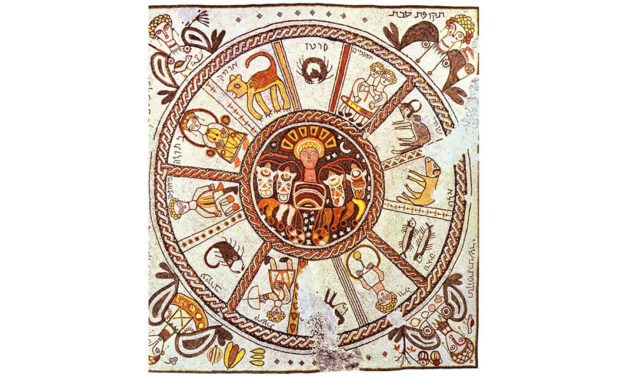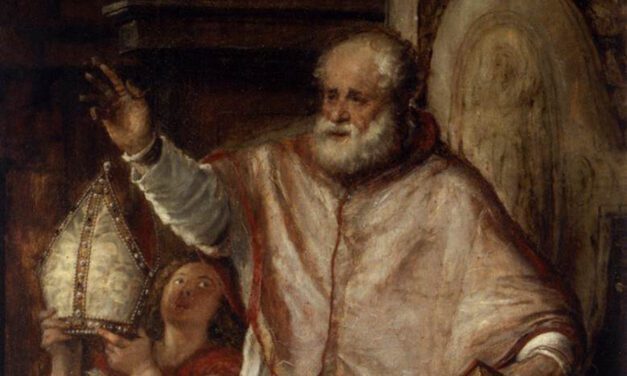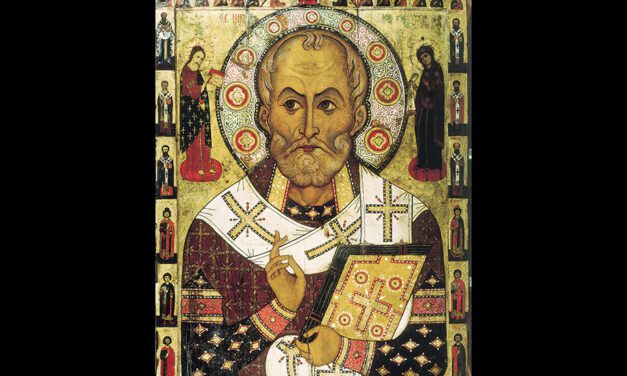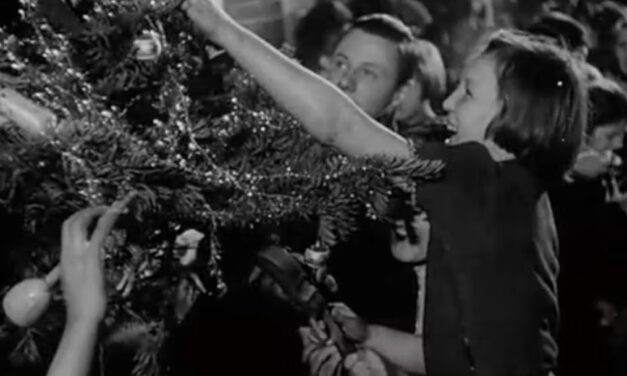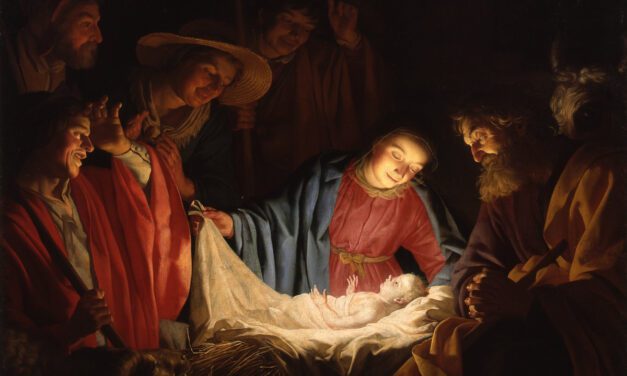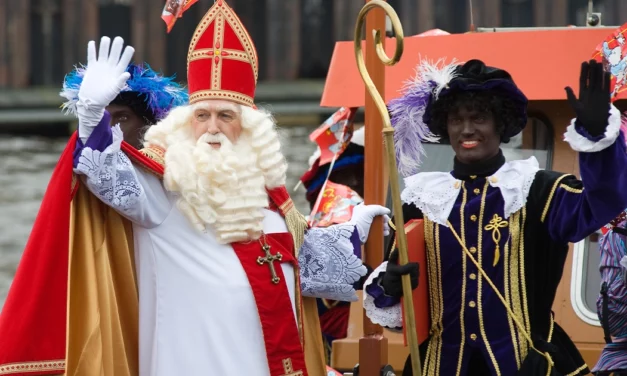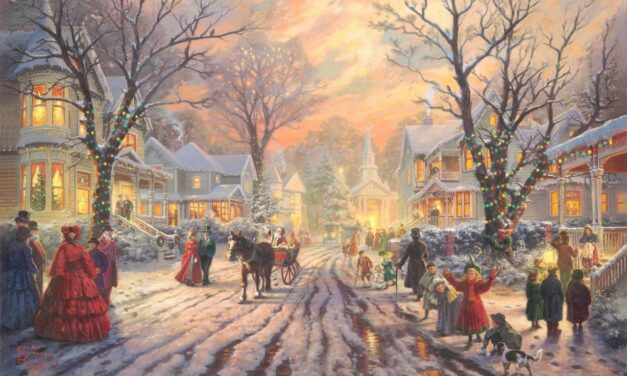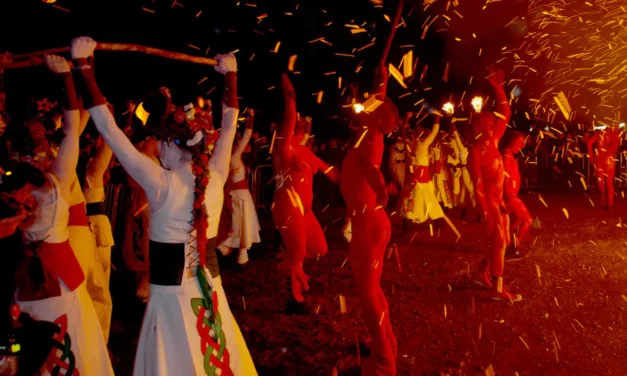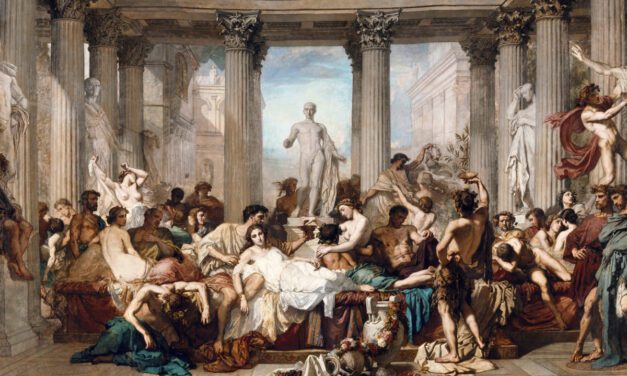Revisiting the “Knickerbocker” Origin Story of Santa Claus
Reading time: 6 minutes
In December 1953, Dr. Charles W. Jones, a University of California professor hailed as one of the world’s foremost scholars on St. Nicholas of Myra, gave a speech to the New-York Historical Society that was published the following year in the society’s quarterly under the title “Knickerbocker Santa Claus.” The premise of Jones’ speech was that author Washington Irving invented Santa Claus in an 1809 satire, A History of New York, that was purportedly written by a completely fictional Dutch historian, Diedrich Knickerbocker. “Without Irving there would be no Santa Claus,” Jones wrote. “Santa Claus was a parasitic germ until the Knickerbocker History in 1809; after 1809 Santa Claus spread like a plague which has yet to reach its peak.”



